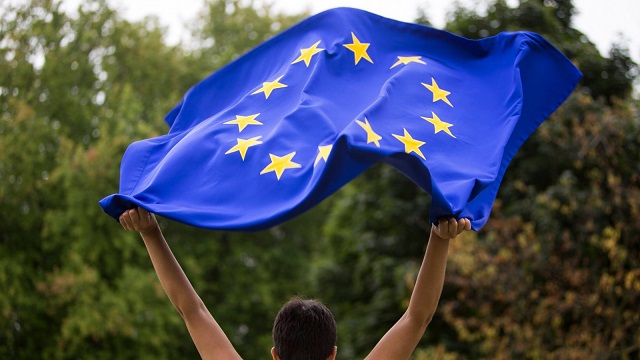Serious human rights violations and abuses are taking place in many parts of the world, too often without any consequences for the perpetrators. As a global leader in the promotion and protection of human rights, the European Union will not stand by while serious human rights violations and abuses are committed. Today, the new EU Global Human Rights Sanctions Regime has been adopted by the Foreign Affairs Council: it will enable the EU to even more forcefully stand up for human rights.
“We need a global regime to gain more flexibility to go after human rights violators and abusers regardless of where they are,” said the High Representative Josep Borrell. “With the new EU Global Human Rights Sanctions Regime, we will be able to proceed quicker and to be more efficient,” he stressed.
The regime is the first concrete deliverable of the EU Action Plan on Human Rights and Democracy, adopted less than one month ago. It allows the EU to target serious human rights violations and abuses worldwide, irrespective of where they occur, whereas most existing sanctions regimes focus on a specific country. The regime covers serious human rights violations and abuses, including:
- Genocide
- Crimes against humanity
- Torture and other cruel, inhuman or degrading treatment or punishment
- Slavery
- Extrajudicial, summary or arbitrary executions and killings
The sanctions consist of:
Read also
- A travel ban for listed individuals
- An asset freeze for listed individuals/entities
- A prohibition to make funds or economic resources available to listed individuals and entities
The regime targets:
- Individuals and entities responsible for or involved in serious human rights violations or abuses worldwide. It can also target individuals and entities associated with the perpetrators
- It can target both state and non-state actors, regardless of where they are, and regardless of whether they commit violations and abuses in their own state, in other states or across borders
The new EU Global Human Rights Sanctions Regime
European Union




























































